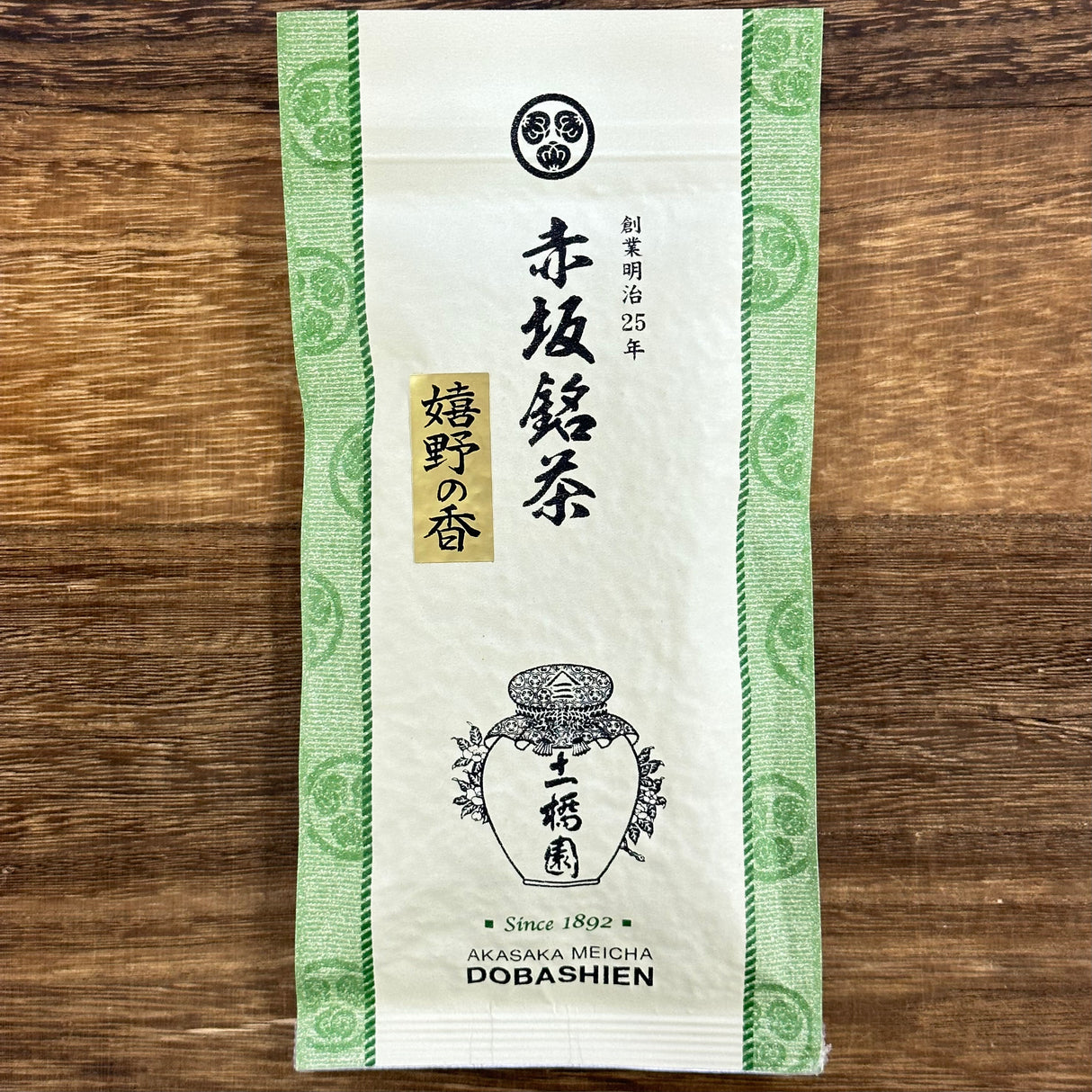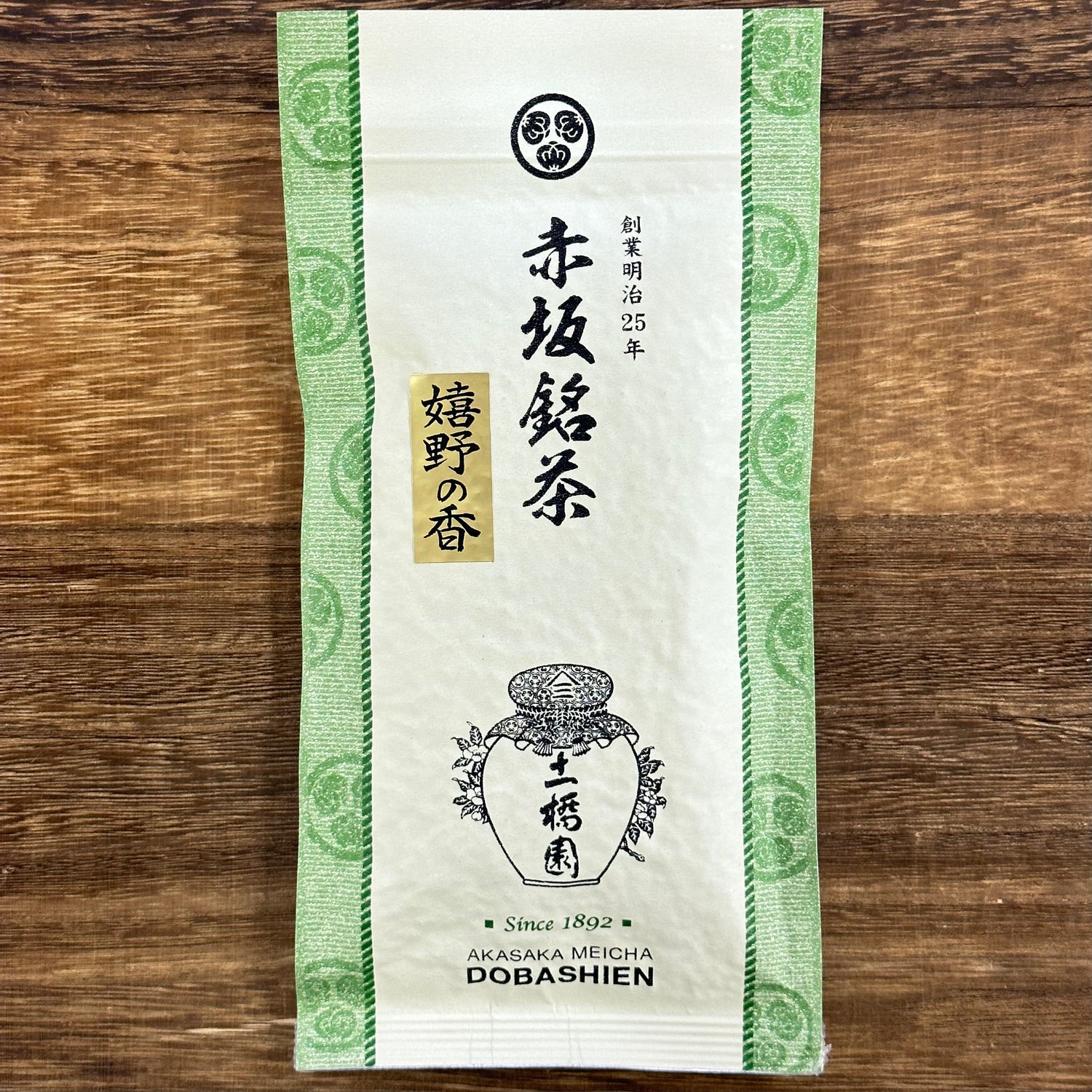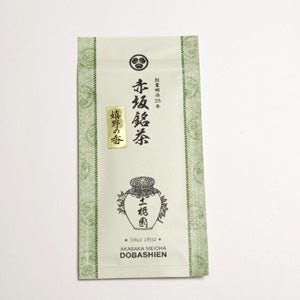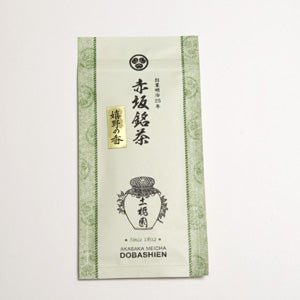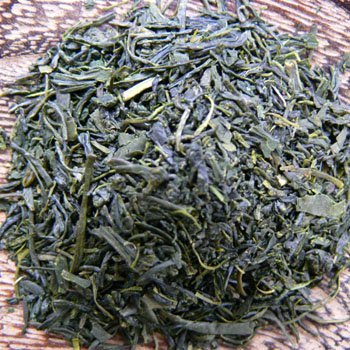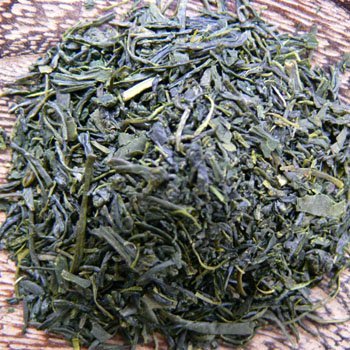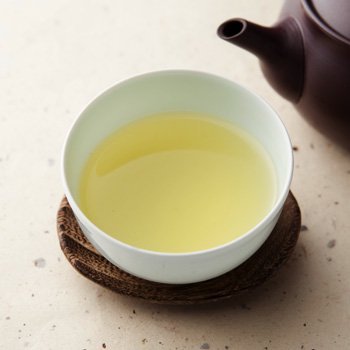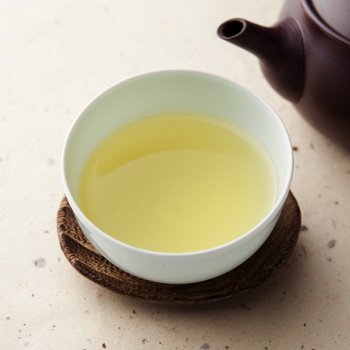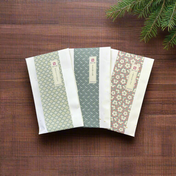#0223.S1 土橋園茶 #30: 佐賀煎茶 嬉野の香 嬉野の香
#0223.S1 土橋園茶 #30: 佐賀煎茶 嬉野の香 嬉野の香 - 10g / 0.35オンス / 湯のみ再封可能な袋 【在庫切れ】取り寄せ中につき、入荷次第発送します。大きいサイズを小さい袋に小分けするには1-2週間、取り寄せは2-3週間がかかりますが、商品によって異なります。現在、各メーカーの抹茶生産は非常に時間がかかり、1-3ヶ月間がかかる場合もあります。
受け取りを利用可能か読み込めませんでした
商品が在庫切れの場合は、ウィッシュリストに追加して、商品が購入可能になったときにメールで通知を受け取れるようにしてください。
配送と送料について
配送と送料について
送料は国、配送業者、配送方法によって異なります。商品を在庫に追加し、カートページに移動して送料見積もりツールをご確認ください。一部の国では、ご購入後に手動で送料を計算する場合があります。
YUNOMI.LIFEの配達保証:追跡番号付きの航空便で発送されるすべての注文の配達を保証します。 (条件が適用されます。通知された例外。)まれに、輸入のために追加の通関手続きが必要になる場合があります。私たちは最大限に支援いたします。お客様の過失によらず、発送から1ヶ月以内に注文が届かない場合は、追加料金なしで注文を交換または返金いたします。お客様の住所への配達が困難であると判断した場合、当社は出荷を拒否する権利を留保します。この保証は、受取人が通関手数料および輸入税の支払いを怠ったり拒否したりした場合、郵便局または配送センターで保留中の注文の受け取りを怠った場合、または間違った住所のために注文が配達できない場合には適用されません。Yunomi.lifeの配達保証は卸売購入には適用されません。
南日本の嬉野地方は釜炒り茶で有名です。釜炒り茶とは? 「釜炒り茶」は、蒸すのではなく、茶葉を鍋で加熱して作る緑茶です。これは多くの中国式緑茶の淹れ方とほぼ同じ方法で、南日本では何世代にもわたって受け継がれてきました。
丸みがあり硬く、程よく反り返った形状で、日本茶としては珍しい独特な形状をしています。
嬉野産の釜炒り茶の茶葉は、色鮮やかで艶やかなのが特徴です。
釜炒り茶の特徴である、渋みを抑えたすっきりとした味わいです。日本茶の渋みが苦手な方にもおすすめです。
製品情報
- 品名:土橋園:佐賀県嬉野新茶、嬉野の香り
- 和名:嬉野の香
- 原材料:緑茶
- 正味重量:100g / 3.52オンス(Yunomiが包装したサンプルサイズ)
- 地域:佐賀県、 嬉野県
- 備考:ほんのり苦くて爽やかな味
ベンダー情報
- 社名:土橋園製茶所
- タイプ: 商人および製造業者
- 所在地: 〒107-0052 東京都港区赤坂3-17-8
1892年、土橋園の創業者・土橋鐵五郎は、東京郊外の閑静な住宅街に小さな茶店を創業しました。街の発展に伴い、赤坂見附として知られるこのエリアは、有力政治家の会合の場となる高級日本料理店、料亭が軒を連ねる、都内屈指の高級エリアとなりました。これらの料亭では、静岡をはじめとする日本各地から厳選された最高級の茶葉のみが提供されています。
-
産地佐賀 - 佐賀県
-
販売者種類商人, 工場
支払いのセキュリティー対策
支払い方法
お支払い情報は安全に処理されます。当社はクレジットカード情報を保存したり、お客様のクレジットカード情報にアクセスしたりすることはありません。

